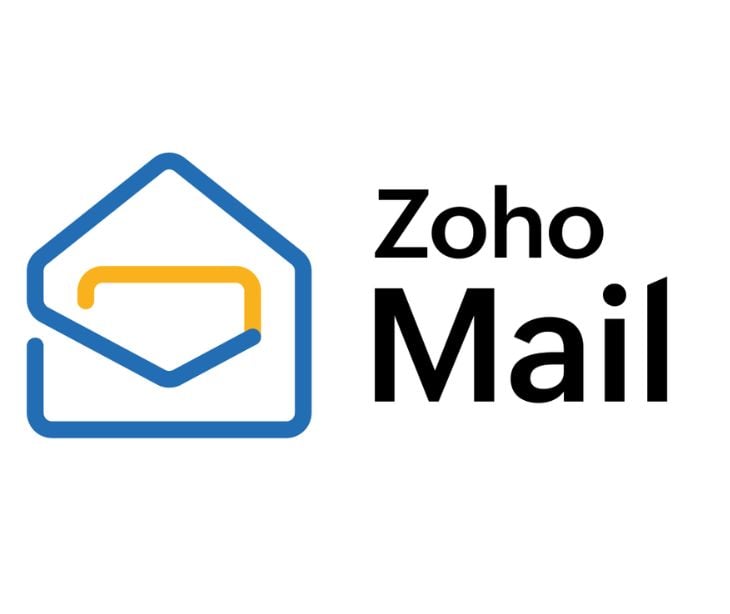1 min read
Is Google Cloud Identity Management HIPAA compliant? (2025 update)
Farah Amod
April 11, 2020

Google Cloud Identity is an identity and access management (IAM) platform that provides tools for managing user accounts, authentication, and device security.
With Google Cloud Identity, organizations can control access to apps and resources, enforce multi-factor authentication, and manage devices from a single console. This helps businesses enhance security, streamline user management, and ensure compliance across their cloud environment.
Is Google Cloud Identity HIPAA compliant? Yes, based on our research, Google Cloud Identity can be HIPAA compliant.
Will Google Cloud Identity sign a business associate agreement (BAA)?
Yes, Google Cloud Identity will sign a business associate agreement, which can be reviewed here.
What does the Google Cloud Identity BAA cover?
The Google BAA covers the use and disclosure of protected health information (PHI), stating, “All users can access this subset of Core Services for use with PHI under the BAA as long as the health care organization configures those services to be HIPAA compliant: Gmail, Calendar, Drive (including Docs, Sheets, Slides, and Forms), Gemini for Google Workspace, Google Chat, Google Meet, Keep, Google Cloud Search, Google Voice, Sites, Google Groups, Jamboard, Cloud Identity Management, Tasks, and Vault “
Conclusion
Google Cloud Identity signs a BAA and is therefore HIPAA compliant.
Learn more: HIPAA Compliant Email: The Definitive Guide
FAQS
What is a business associate agreement?
A business associate agreement (BAA) is a legally binding contract establishing a relationship between a covered entity under the Health Insurance Portability and Accountability Act (HIPAA) and its business associates. The purpose of this agreement is to ensure the proper protection of personal health information (PHI) as required by HIPAA regulations.
What is HIPAA?
The Health Insurance Portability and Accountability Act (HIPAA) sets national standards for protecting the privacy and security of certain health information, known as protected health information (PHI).
HIPAA is designed to protect the privacy and security of individuals’ health information and to ensure that healthcare providers and insurers can securely exchange electronic health information. Violations of HIPAA can result in significant fines and penalties for covered entities.
Who does HIPAA apply to?
HIPAA applies to covered entities, which include healthcare providers, health plans, and healthcare clearinghouses. It also applies to business associates of these covered entities. These are entities that perform certain functions or activities on behalf of the covered entity.
Subscribe to Paubox Weekly
Every Friday we bring you the most important news from Paubox. Our aim is to make you smarter, faster.



